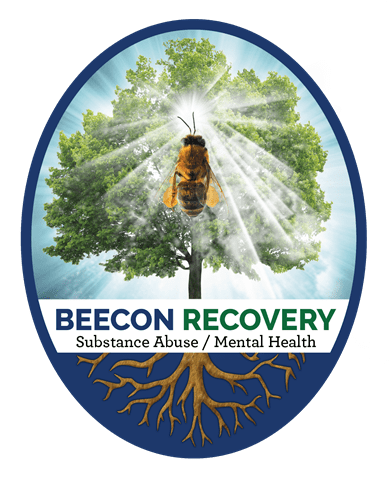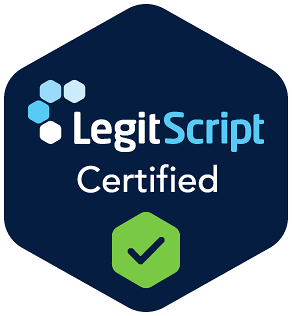Living a sober life can be a great challenge, but it also brings many rewards. Developing healthy lifestyle behaviors that promote sobriety and work toward long-term success is important to make the transition easier. Here are some tips for changing your lifestyle behavior to support recent sobriety.
Changing Your Lifestyle
1. Set Goals: One of the best ways to stay on track with sobriety is to set realistic goals. Whether your goal is short-term (e.g., going to an AA meeting every week) or long-term (e.g., staying sober for one year), having achievable objectives can help you stay motivated and focused on your recovery journey. Additionally, setting measurable goals will allow you to monitor your progress and celebrate your accomplishments.
2. Create a Distraction Plan: Cravings can be strong, especially when you first become sober. To help manage this, try creating a distraction plan for when cravings are most likely to occur. List activities that can take your mind off drinking or using drugs (e.g., meditating, walking, or calling a friend). Having an arsenal of activities to distract you from cravings can make all the difference in staying on track with sobriety.
3. Avoid Triggers: As much as possible, avoid people and places associated with past alcohol or drug use. While it may be tempting to reunite with old friends, it’s important to remember that these individuals may still be engaging in behaviors that are not conducive to staying sober. Additionally, limit or eliminate activities like going out late at night or spending time in crowded bars where alcohol is rampant.
After becoming sober from drugs, it is important to be mindful of triggering events and take steps to avoid them. Triggering events can lead to relapse if not managed properly. Those in recovery need to be aware of potential triggers so that they can take measures to prevent a relapse.
Steps That Can Lead To Success
The first step in avoiding triggering events is learning about what kind of situations may cause someone to crave drugs or alcohol. Common triggers include being around people who use substances, places associated with past drug use, feeling overwhelmed by emotions such as sadness or anger, feeling stressed out, experiencing cravings, and engaging in risky behaviors such as gambling or reckless driving. Understanding these potential triggers can help an individual recognize warning signs and develop strategies for managing them.
The next step is to create a plan for avoiding risky situations and finding healthier alternatives to using drugs or alcohol. This may include creating boundaries with people who use substances, staying away from places that are likely to trigger cravings, managing stress and emotions in healthier ways, such as exercise, deep breathing, self-care activities, or talking to friends/family about how you feel, and engaging in enjoyable activities like hobbies or sports.
It is also helpful to build a strong support system of family members, friends, therapists, mentors, and sponsors who can guide and understand when things get tough. Having people around you who understand your struggles can make it easier to cope with triggering events without resorting back to drugs or alcohol. In addition, seeking help from a mental health professional can be beneficial in managing the underlying issues that may lead to relapse.
Finally, practicing self-care and staying committed to one’s recovery journey is important. Taking care of oneself physically, emotionally, mentally, and spiritually is essential for long-term success in recovery. Finding healthy activities that bring joy and fulfillment into life – such as meditation, yoga, or spending time with loved ones – can provide a purpose that encourages sustained abstinence from drugs or alcohol.
By being aware of potential triggers and developing strategies for avoiding them, those in recovery can minimize the chances of relapse and maintain sobriety over the long term. With support, commitment, and dedication, anyone can successfully avoid triggering events and remain sober after becoming clean from drugs.






